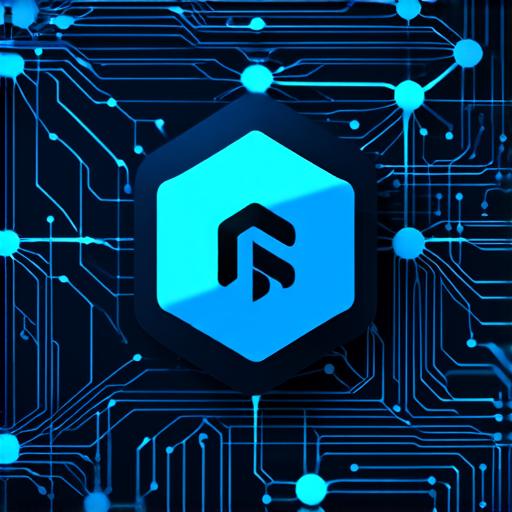Blockchain technology has become increasingly popular and widely adopted across various industries due to its decentralized and secure nature.
One of the essential components of a blockchain network is the node. In this article, we will explore what a node is, its role in the network, and its importance in maintaining the integrity of the blockchain.
Introduction
A blockchain network is a distributed database that stores data across a vast number of nodes or computers. Each node has a copy of the entire blockchain, including all transactions that have taken place on the network. Nodes are responsible for verifying transactions, adding them to the blockchain, and maintaining the integrity of the network.

What is a Node in a Blockchain Network?
A node in a blockchain network is a computer or device that has a copy of the entire blockchain and participates in the verification and validation of transactions on the network. Nodes are responsible for storing the blockchain data, verifying transactions, and adding them to the blockchain. Each node maintains its own copy of the blockchain and synchronizes with other nodes to ensure that all copies are up-to-date and accurate.
Nodes in a Blockchain Network
Nodes can be categorized into two types: full nodes and lightweight nodes.
- Full Nodes: A full node has a complete copy of the blockchain and participates in the verification and validation of transactions on the network. It also helps to maintain the integrity of the network by preventing double spending and ensuring that all transactions are valid. Full nodes require significant resources, including storage space and computing power, making them less practical for individual users or small businesses.
- Lightweight Nodes: A lightweight node only stores a subset of the blockchain data and does not participate in transaction verification. It relies on other full nodes to verify transactions and maintain the integrity of the network. Lightweight nodes require significantly less resources than full nodes, making them practical for individual users or small businesses.
Role of Nodes in a Blockchain Network
Nodes play a critical role in a blockchain network by ensuring the integrity and security of the data stored on the network. They are responsible for verifying transactions, adding them to the blockchain, and maintaining the integrity of the network.
- Verification of Transactions: Nodes verify transactions by checking if they comply with the rules and protocols of the blockchain. They also check if the transaction has already been processed on the network to prevent double spending. Once a transaction is verified, it is added to the blockchain.
- Maintaining the Integrity of the Network: Nodes maintain the integrity of the blockchain by ensuring that all copies of the blockchain are up-to-date and accurate. They do this by synchronizing with other nodes on the network and discarding any outdated or invalid data.
- Providing Access to the Network: Nodes provide access to the blockchain network by allowing users to connect to the network and participate in transactions.
- Ensuring Decentralization: Nodes ensure that the blockchain network remains decentralized by preventing a single entity from controlling the entire network.
Importance of Nodes in a Blockchain Network
Nodes are critical to the functioning of a blockchain network as they ensure the integrity and security of the data stored on the network. Here are some of the primary reasons why nodes are important in a blockchain network:
- Decentralization: Nodes ensure that the blockchain network remains decentralized by preventing a single entity from controlling the entire network. This makes the network more resilient to attacks and ensures that the data stored on the network is not controlled by a single entity.
- Security: Nodes verify transactions and ensure that they comply with the rules and protocols of the blockchain. They also check if the transaction has already been processed on the network to prevent double spending. This ensures the security of the data stored on the network and prevents unauthorized access or manipulation.
- Accessibility: Nodes provide access to the blockchain network by allowing users to connect to the network and participate in transactions. This makes the network more accessible and inclusive, enabling more people to benefit from its features and services.
